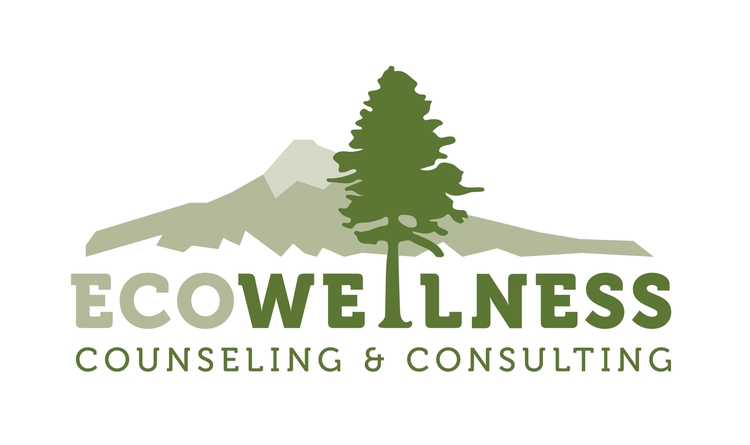our approach to counseling and therapy
Our approach to counseling includes three interconnected working phases of therapy, a transition phase, and a maintenance phase.
Assessment includes getting a clear picture of your presenting problem(s), strengths, EcoWellness planning, and identifying areas for which you may be out of balance. Doing so will help you and I develop a clear picture of what to work on in the treatment plan. Specifically, we’ll identify past experiences and present triggers that we can work through together in the later stages of counseling.
Resourcing can take up a lot or a little of counseling, depending on your current internal and external resources. Internal resources include finding, optimizing, and applying those things inside yourself (skills and strengths) that can help you manage day-to-day. These things might include meditation/prayer, thought-stopping strategies, the ability to identify one’s feelings, dual awareness (i.e., the ability to recall a negative experience while having one foot in the present), the development of a safe/calm place, as well as developing other self-soothing strategies. External resources include the accessing of relationships with friends/family and one’s conception of spirituality, increasing safe access to natural settings, becoming more familiar with and accessing community resources, diet and exercise, among other things.
This particular phase of treatment often includes the intentional integration of an EcoWellness plan (your connection with nature), and depending on your course of therapy we may revisit the Resourcing stage at different points throughout the counseling process.
The Reprocessing and Redefining phase of treatment looks different for each client. In some cases this phase will include the integration of Eye Movement Desensitization & Reprocessing (EMDR), a research-based approach to working through past experiences, present triggers, and integrating a new way of thinking or believing about one’s self and the world around them. For others, EcoWellness counseling is preferred and/or indicated. Or, a mixture. It really depends on you and your presenting concern(s). In all cases, our goal is to help you get to a place where you genuinely think and feel good about yourself across situations. This phase includes the bulk of our work together and we will constantly assess and reassess your progress towards your goals.
Transitioning includes the ending or terminating of your counseling experience, either because you have met your treatment goals and/or you are ready to move on. You have successfully navigated through the phases thus far, you feel more in balance, and you are functioning at a higher level in life.
The Maintenance phase is exactly how it sounds. You will continue to grow, develop, and face additional challenges throughout your life, and every now and again you may find it helpful to return for a tune-up or resume therapy.
Theoretical Foundations
A variety of counseling philosophies and modalities underpin our approach to counseling. These include EcoWellness, cognitive-behavioral therapy (specifically, mindfulness-based stress reduction), Internal Family Systems (IFS), Eye Movement Desensitization & Reprocessing (EMDR), brainspotting, existential counseling, and Relational Cultural Therapy. We are happy to go into more detail regarding each of these approaches and their underlying empirical support.

